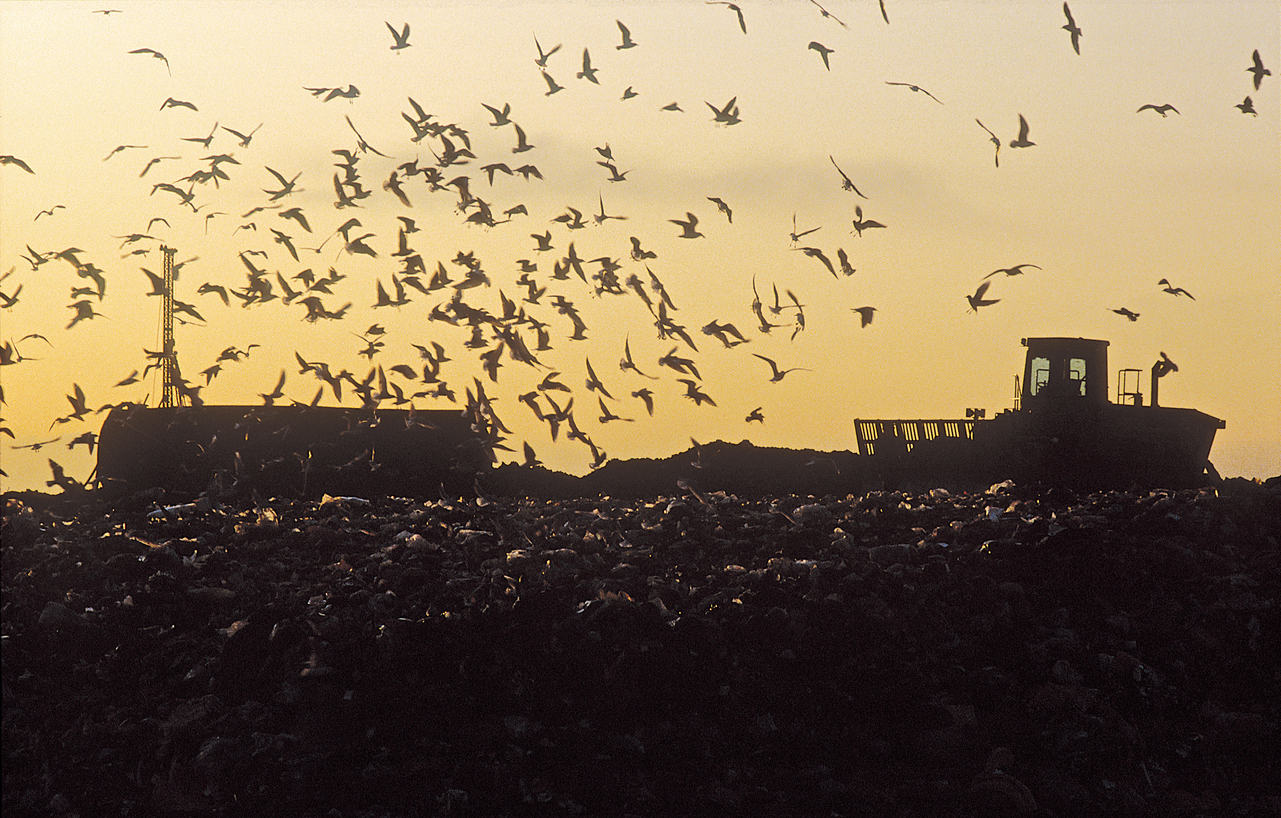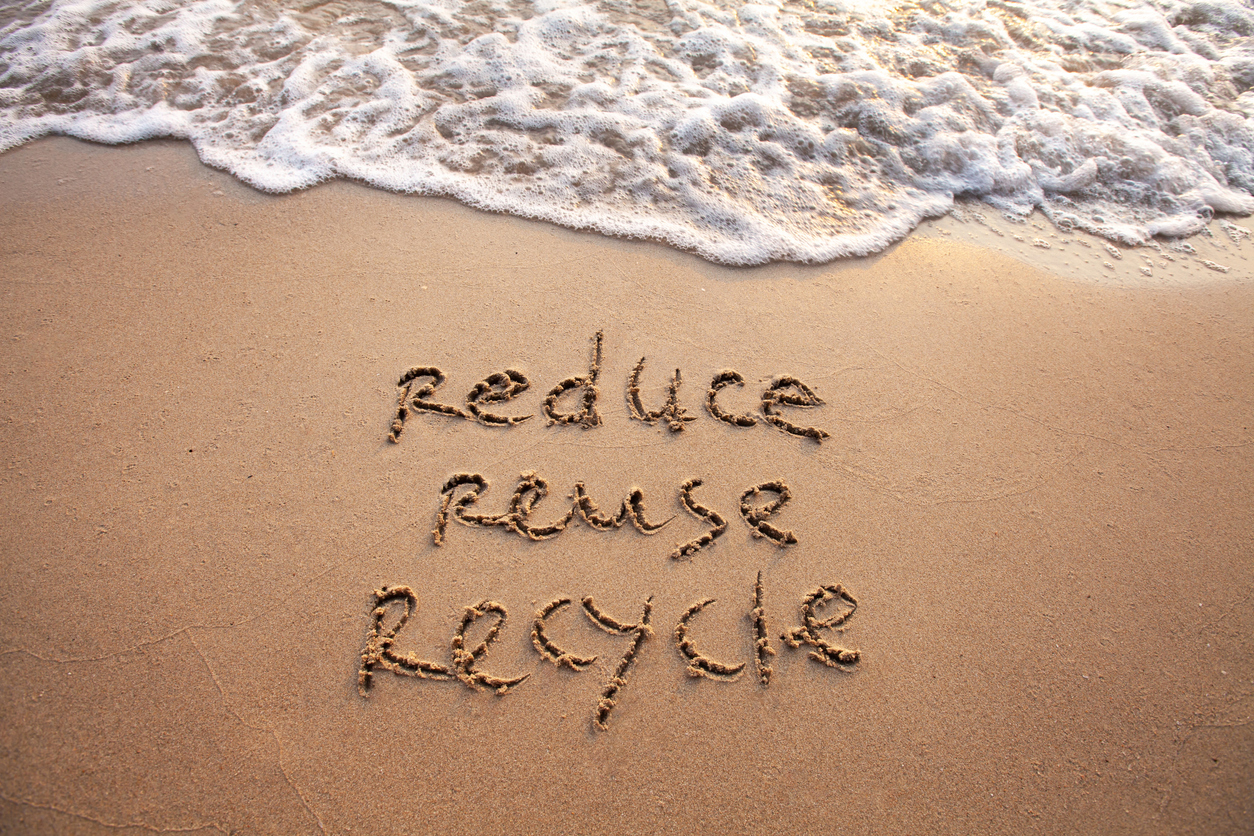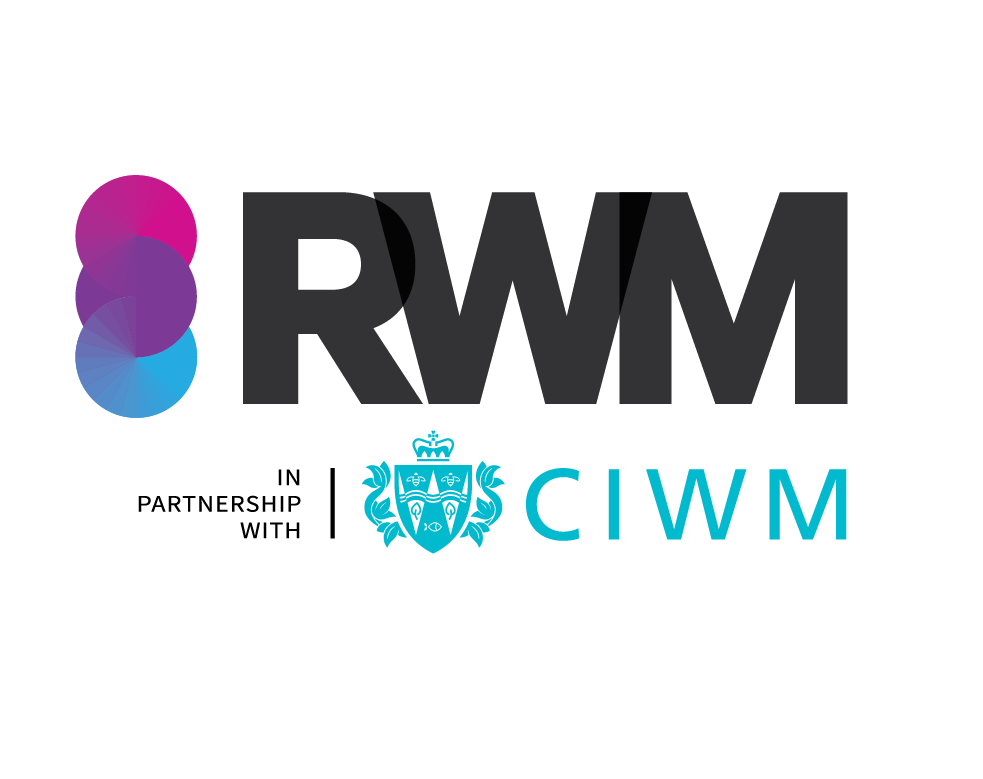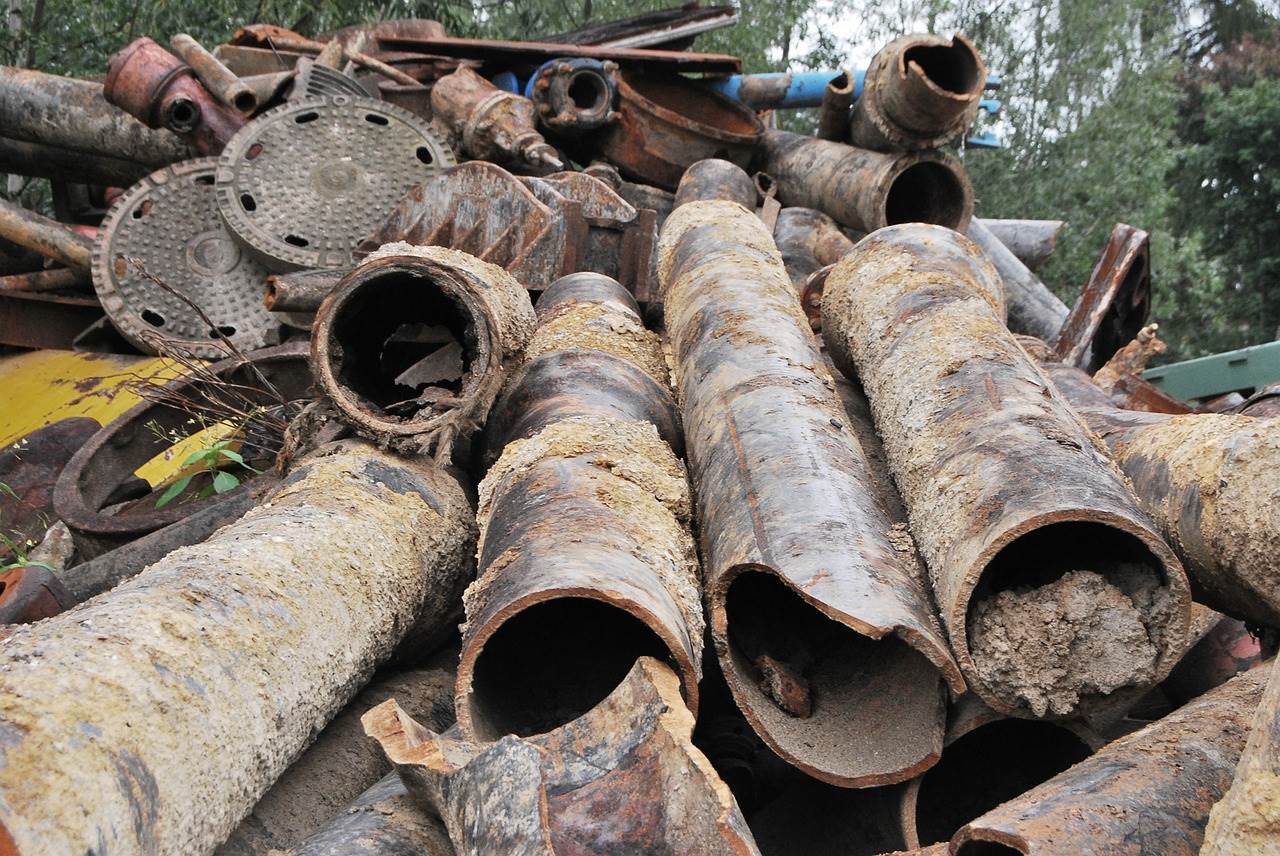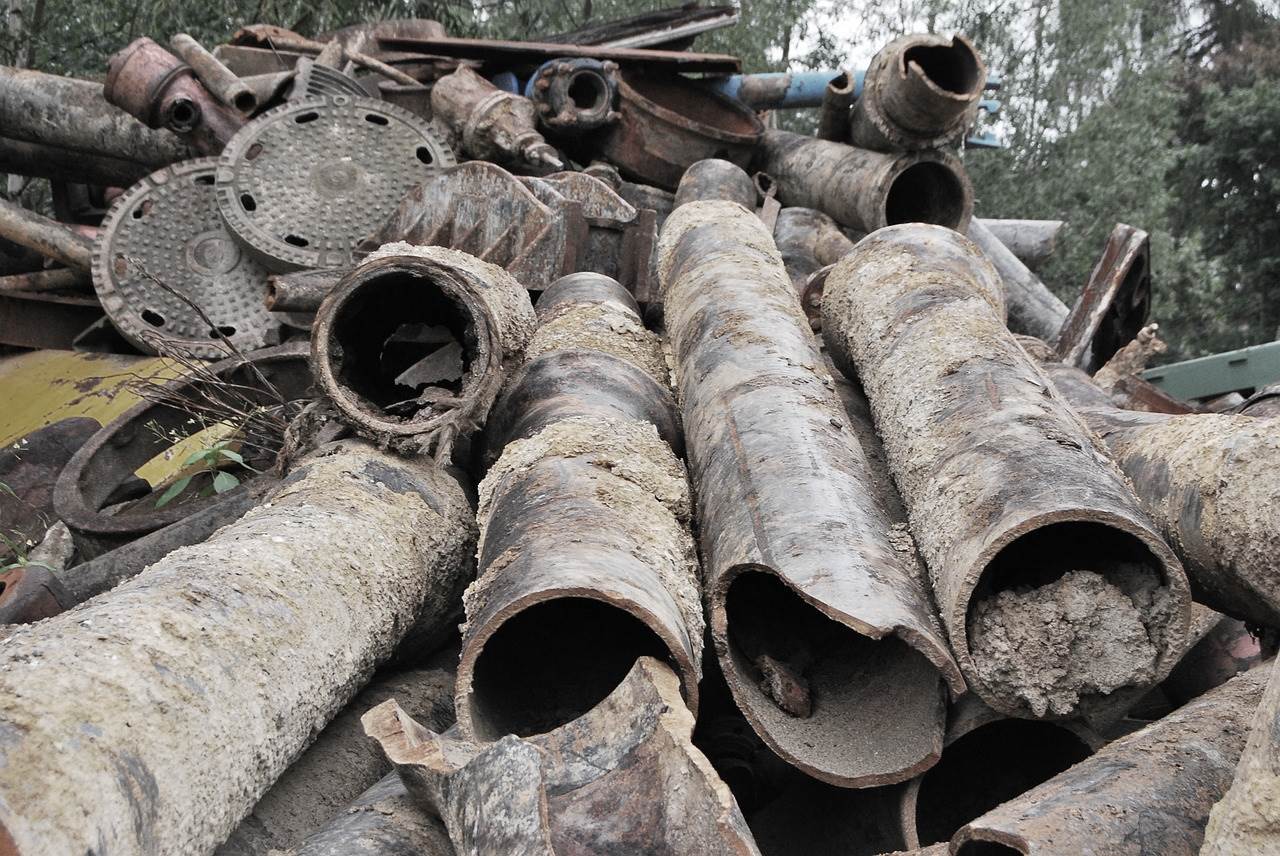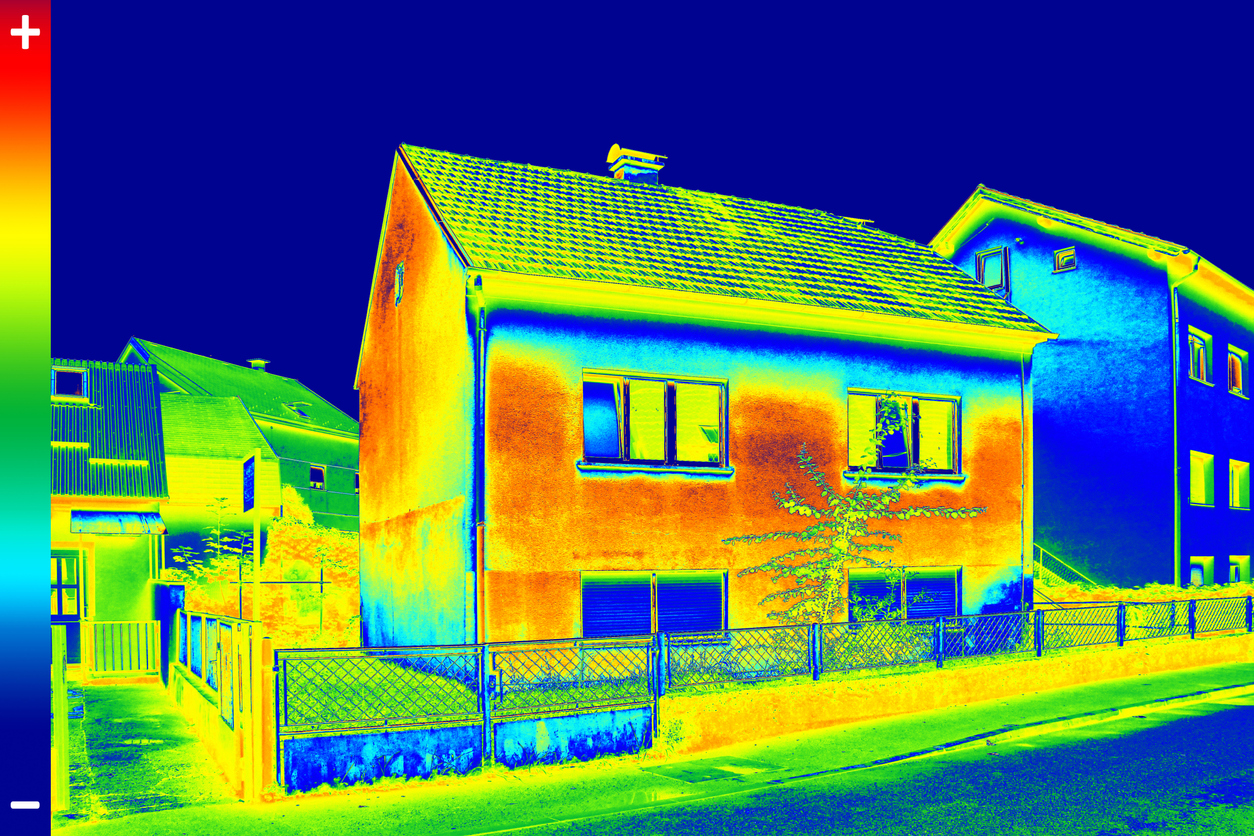
The Way We Heat Our Homes and Buildings is Set to Change
Date: 25/07/2022 | Environmental
At present, the vast majority of householders use gas to heat their homes and only 11% of households use low emission heating systems such as heat pumps and biomass boilers. However, radical change to this pattern is imminent.
Why is change needed?
According to the Scottish Government’s Heat in Buildings Strategy our homes and workplaces account for around a fifth of Scotland’s total greenhouse gas emissions. Therefore, in order to tackle the climate emergency and meet the ambitious emissions reduction target of net zero greenhouse gas emissions by 2045, the way we heat our homes and buildings must be addressed.
What is proposed?
The Scottish Government’s Heat in Buildings Strategy sets a vision for the future of heating Scotland’s buildings. The strategy envisages a pathway towards decarbonisation as we move to net zero emissions by 2045 by gradually, but completely, moving away from burning fossil fuels for heating.
‘Our vision is that by 2045 our homes and buildings are cleaner, greener and easier to heat, with our homes and buildings no longer contributing to climate change, as part of the wider just transition to net zero.’ Scottish Government, Heat in Buildings Strategy.
Several proposals are included within this strategy:
- The New Build Heat Standard – as the flagship policy of the Scottish Government, this encompasses the idea that new builds should lead the way to achieving emission reduction targets by avoiding production of further greenhouse gas emissions and reducing the need for disruptive and expensive future retrofits. Regulation will dictate that new buildings, for which a building warrant is applied for from 2024 (including non-domestic buildings where technically feasible), must use heating and cooling systems which produce zero direct emissions at the point of use. It is not clear, at present, how technical feasibility will be assessed.
- Minimum Energy Efficiency in Existing Owner-Occupied Homes – more controversially, the Scottish Government is also planning to legislate for owner occupied homes to meet at least Energy Performance Certificate (“EPC”) band C by 2035, and for all buildings to have zero emissions heating systems by 2045. The trigger point to meet the legally binding standard will be when a major renovation is to be carried out or when the property is to be sold, at which point the homeowner will be required to carry out an assessment, the cost of which is to be met by them.
- Minimum Energy Efficiency Standards in Social Housing – energy efficiency in the social rented sector tends to be better than the private sector. Minimum standards were introduced in 2014 and 85% are now EPC D or above. The Scottish Government wants to continue the progress made by creating regulations to maximise the number of homes in the social rented sector achieving band B by 2032. It is proposed that no social housing should be let post 2025 where the energy efficiency rating is lower than D.
- Minimum Energy Efficiency Standards in the Private Rented Sector – regulations setting minimum energy efficiency standards in the private rented sector were meant to come into effect this year but have been postponed to 2025 due to the pandemic. The regulations are expected to include build to rent and purpose-built student accommodation and to require all private rented sector properties to reach a minimum standard equivalent to EPC C by 2025 where technically feasible and cost effective, with a backstop of 2028 for all remaining properties.
- Energy Efficiency in Non-Domestic Buildings – Section 63 Review – Section 63 of the Climate Change (Scotland) Act 2009 requires energy performance and emissions of most non-domestic buildings be assessed and steps in relation to improving these to be taken. In addition to an EPC, an action plan identifying targets for energy and emission savings and the improvements which can be made to the building to make these savings must be made available to prospective buyers and tenants and provided to the new owner or tenant. A working group to review section 63 has been established with a wider remit of decarbonisation of heat in non-domestic buildings. The working group is to create a published plan making recommendations to Scottish Government by end of 2022 with new regs expected by 2025.
- Boilers – are to be phased out. In the first phase (from 2025) gas boilers will be banned from new builds and in the second phase (from 2035) those whose boilers break down will need to install a new low carbon alternative.
Challenges and funding
While transforming the way we heat our homes and buildings is necessary and will provide cost savings in the long term, it is likely to be disruptive and expensive in the short term. That is particularly the case for owner-occupiers with older, less energy efficient homes and listed buildings. The government has pledged £1.8 billion capital funding targeted for the most vulnerable, but the Heat in Buildings Strategy indicates that additional funding will be required and that the targets cannot be met by public funding alone. Further, installing and maintaining new technologies required for greener energy will require different skill sets, the training for which is likely to take some time. Finally, public awareness and support needs to improve in order for the far-reaching proposals, set to impact us all, to be successful.
Disclaimer
The matter in this publication is based on our current understanding of the law. The information provides only an overview of the law in force at the date hereof and has been produced for general information purposes only. Professional advice should always be sought before taking any action in reliance of the information. Accordingly, Davidson Chalmers Stewart LLP does not take any responsibility for losses incurred by any person through acting or failing to act on the basis of anything contained in this publication.


















